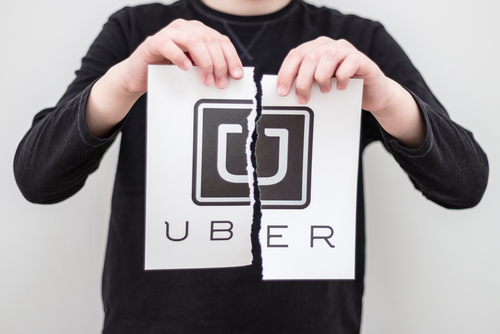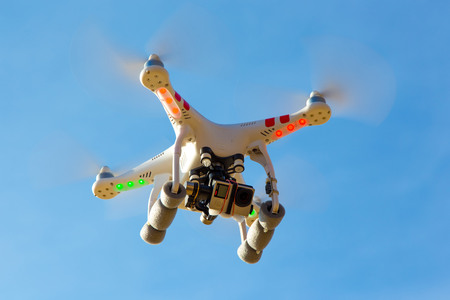Uber immediately suspended its testing programme nationwide, but the Arizona governor, Doug Ducey, went one step further and fully banned the ridesharing company’s tests inside state boundaries. Uber plans to resume testing in Pittsburgh in the summer, but has made no comment on its California programme, an issue complicated by the fact that it no longer has a permit to test there, disputing the requirement when requested to renew its license. It has also declared that it will end its testing in Arizona completely in the wake of the accident.
Uber has since settled with the family outside court but the damage to Uber’s reputation and to the wider world of the autonomous vehicles industry has been done, as these high-profile incidents can generate a negative backlash of public perception over the technology, even despite the much-touted fact that they will be safer than human drivers. However, Uber’s rivals are still going full steam with their own testing programmes. Waymo (Google’s autonomous car division) is preparing to launch its ride-hailing service in Arizona with a proposed start date of later this year. Uber will be having to play catch up while it desperately tries to mend its image problems, exacerbated by revelations of sexual assault among the workforce, as well as claims of stolen trade secrets.


.jpg)
.jpg)
.jpg)

.jpg)




.jpg)